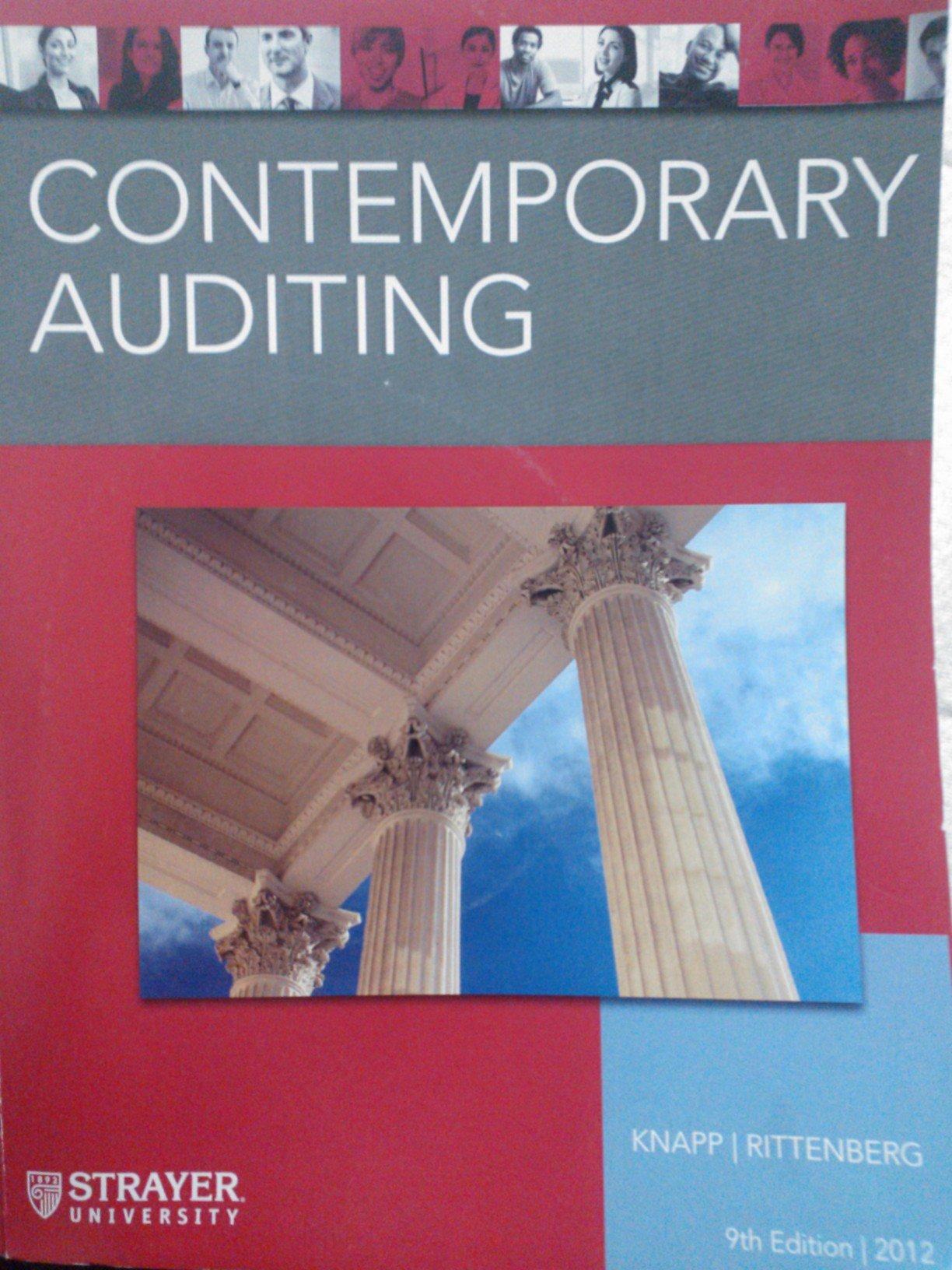Over the past few decades, hedge funds have become among the most controversial and largest investment vehicles
Question:
Over the past few decades, hedge funds have become among the most controversial and largest investment vehicles on Wall Street. Critics of hedge funds argue that their high-risk investment strategies contributed significantly to the economic crisis that gripped the world’s capital markets beginning in late 2008. Prior to that crisis, the total market value of investments held by hedge funds was estimated to be a staggering \($2.5\) trillion.
In fact, pegging the total value of hedge funds at any point in time is a difficult task since there is a lack of consensus among even Wall Street experts on exactly which investment funds qualify as “hedge funds.” Hedge funds are generally thought of by lay investors as investment funds that use sophisticated risk management techniques to limit the downside risk of the investments that they hold. Many hedge funds, however, do just the reverse. These latter funds employ investment strategies, such as buying and selling a wide range of exotic financial derivatives, that serve to increase, rather than decrease, the overall risk of their investment portfolios.
The two traits that most commonly cause an investment fund to be labeled a “hedge fund” are minimal regulatory oversight and the payment of “performance fees” to the fund managers. Many hedge funds are domiciled in offshore tax havens, such as the Cayman Islands, that impose little regulatory oversight on investment companies, banks, and related entities. Hedge funds headquartered in the United States typically have a legal structure that allows them to avoid intense scrutiny by the Securities and Exchange Commission (SEC) and other federal and state regulatory authorities.
In addition to the annual management fees that most investment fund managers are paid, the managers of hedge funds collect performance fees equal to a certain percentage of their fund’s profit each year. These performance fees vary considerably from fund to fund but range as high as 20 percent. Critics of hedge funds, such as renowned investor Warren Buffett, maintain that performance fees encourage fund managers to adopt high-risk, if not reckless, investment strategies, which would explain why many hedge funds specialize in “junk bonds” and “distressed” corporate securities.
Hedge Funds and Hollywood During the 1990s, Kenneth Lipper emerged as a leader of the rapidly growing hedge fund “industry” in the United States. Born in 1941, Lipper, the son of a shoe salesman, spent his childhood in a modest working-class neighborhood in New York City’s South Bronx. As an adolescent, he enjoyed a wide range of interests, including sports, movies, and the stock market. Unlike his childhood friend, Alfredo “Sonny”
Pacino, Lipper decided as a young adult to pursue a career on Wall Street rather than in Hollywood–at least initially.
Lipper was a brilliant student who relied on academic scholarships to finance an undergraduate degree at Columbia, a law degree at Harvard, and a master’s degree from the New York University School of Law before pursuing postgraduate studies at the University of Paris. The charismatic Lipper developed an impressive list of wealthy and well-connected friends and acquaintances during his college years........
Questions:-
1. Identify specific fraud risk factors present during PwC’s audits of the Lipper hedge funds. Explain how PwC should have responded to the fraud risk factors that you identified.
2. Provide examples of important audit objectives for complex financial instruments and transactions. For each audit objective that you identify, list one or more audit procedures that could be used to accomplish that objective.
3. Identify the factors that may have contributed to the alleged flaws in the audit procedures that PwC applied in testing the year-end market values of the Lipper hedge funds’ investments. Discuss specific measures that audit firms can employ to reduce the likelihood that such factors will undercut the quality of their audits.
Step by Step Answer:






